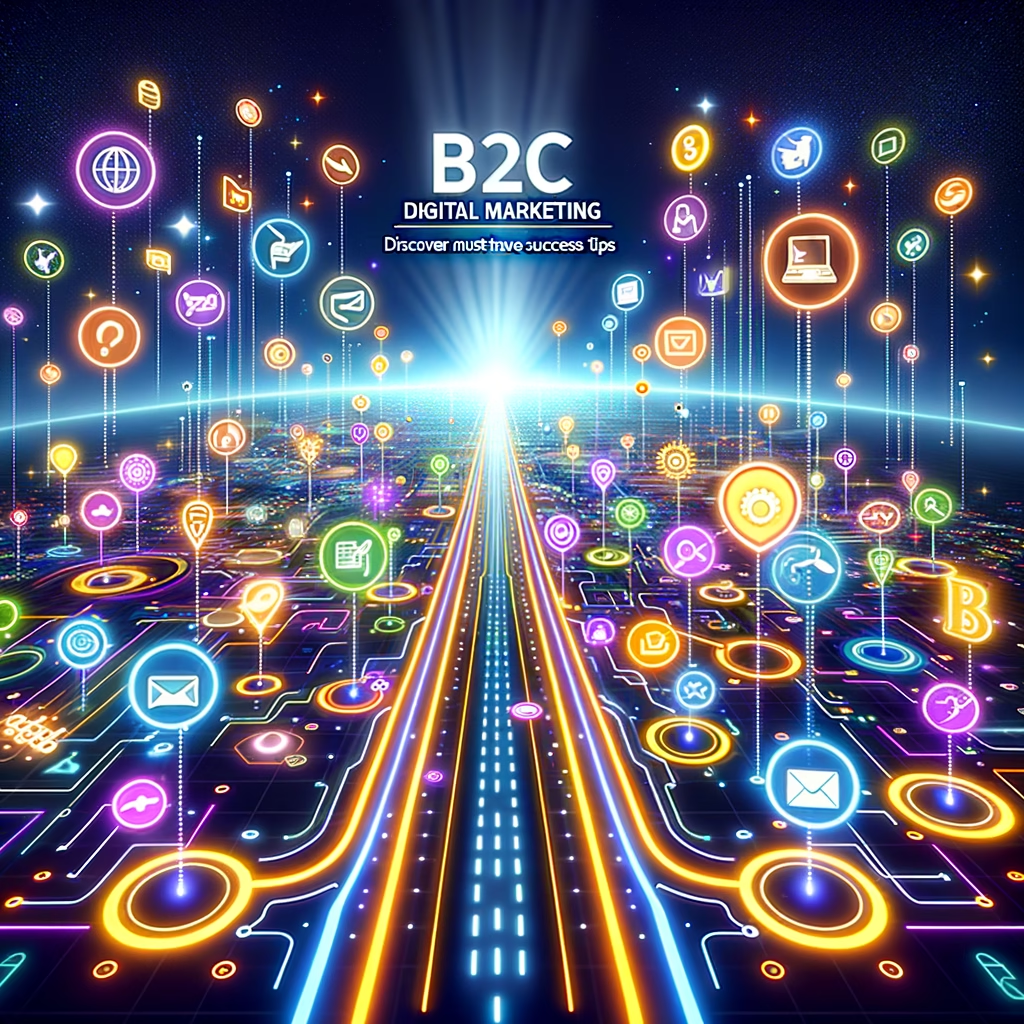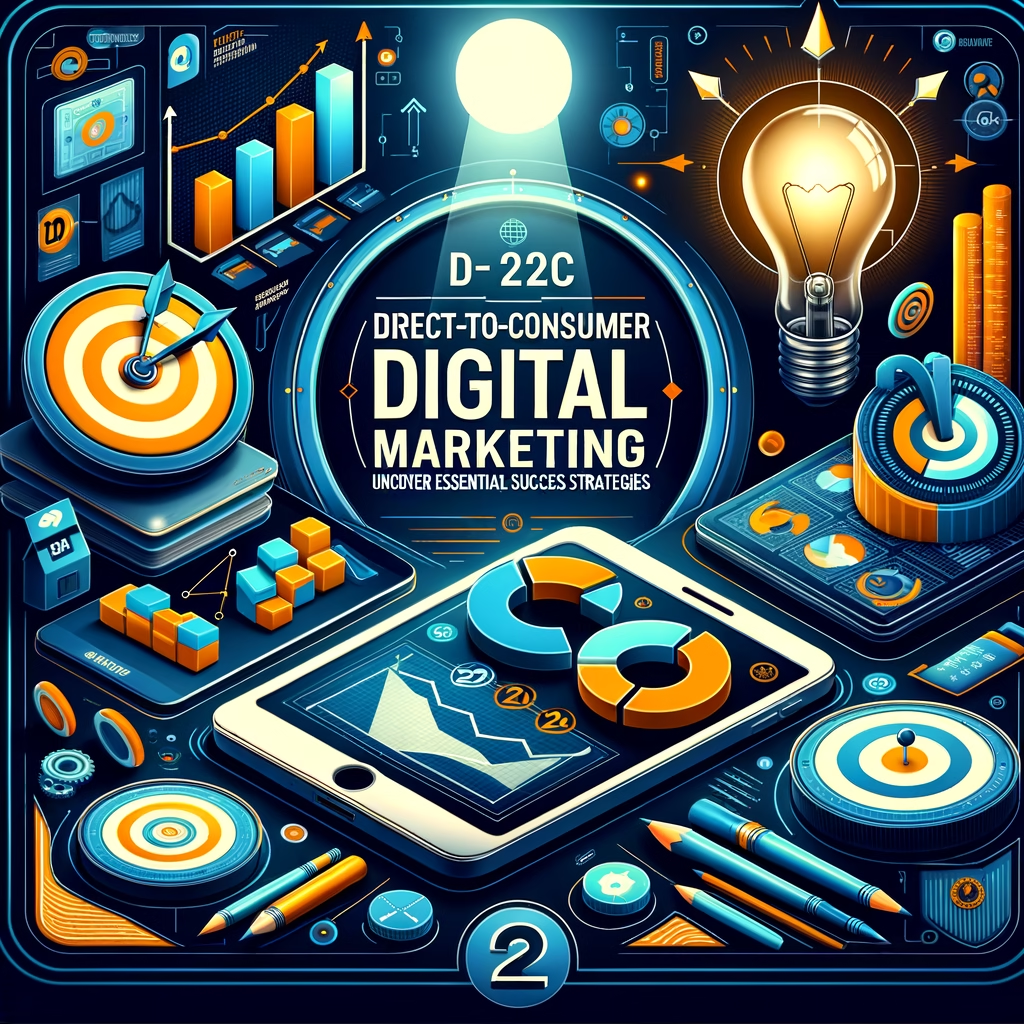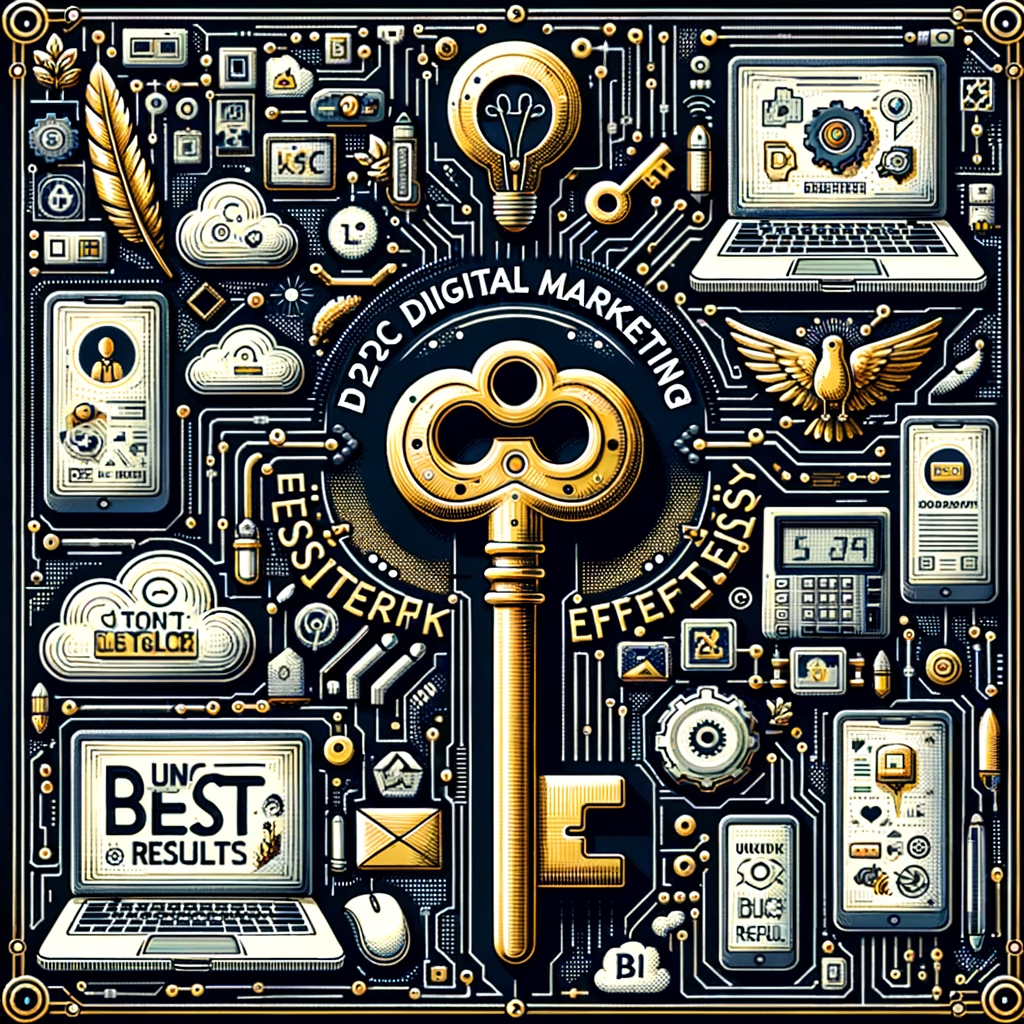B2C Digital Marketing: Strategies for Success
Introduction
B2C digital marketing strategies are essential for businesses looking to connect with consumers effectively in today’s digital landscape. As the internet continues to evolve and consumer behavior shifts, companies must adopt robust strategies to engage their target audiences. This article delves into innovative approaches, offering insights that can help you refine your marketing efforts.
Understanding Your Audience
The foundation of any successful B2C digital marketing strategy is a comprehensive understanding of your audience. Before deploying any campaign, invest time in market research to identify your ideal customer persona. This includes demographics, interests, shopping behavior, and online engagement patterns.
Developing Buyer Personas
Creating detailed buyer personas enables you to tailor your marketing messages more precisely. By understanding your customers’ needs and preferences, you can craft content that resonates with them, leading to higher engagement and conversion rates.
Personalization: A Key Ingredient for Success
In a crowded digital marketplace, personalization can set your brand apart. Consumers are more likely to respond to personalized content. Tailor your messaging based on past interactions, purchase history, and preferences. Use data analytics to understand customer behavior and deliver relevant recommendations.
Embracing Omni-Channel Marketing
In the digital age, consumers engage with brands across multiple platforms. An effective B2C strategy involves an omnichannel approach, ensuring a seamless experience whether the customer is browsing your website, engaging on social media, or visiting a physical store.
Leveraging Social Media Platforms
Social media remains a powerful tool in the B2C arsenal. Platforms like Instagram, Facebook, and TikTok offer unique opportunities to engage with audiences and build brand loyalty.
Harnessing Influencer Partnerships
Collaborating with influencers who align with your brand values can expand your reach and appeal to a broader audience. Choose influencers whose followers match your target demographic to maximize impact.
Content Marketing: Crafting Compelling Stories
Content is king in digital marketing. Engaging blogs, videos, podcasts, and social media posts help tell your brand story and connect with consumers on a deeper level. Focus on creating content that is not only informative but also entertaining and shareable.
Utilizing User-Generated Content (UGC)
Encourage your customers to share their experiences with your brand. User-generated content not only enhances credibility but also creates a sense of community around your products or services. Highlighting reviews, photos, or videos from real customers adds authenticity to your marketing efforts.
SEO and Content Optimization
To ensure your content reaches your audience, invest in SEO. Research relevant keywords and incorporate them naturally into your content, helping it rank higher in search engine results. This increases visibility and attracts more visitors to your site.
Implementing Retargeting Campaigns
Retargeting is a strategic way to re-engage potential customers who have interacted with your brand but haven’t converted. By displaying targeted ads across various platforms, you keep your brand top-of-mind, encouraging prospects to return and complete a purchase.
The Power of Email Marketing
Despite the rise of social media, email remains a vital channel for B2C marketing. Craft personalized and engaging email campaigns that offer value to subscribers, such as exclusive discounts, personalized recommendations, or insider news about new products.
Building a Strong Brand Community
Creating a loyal community around your brand fosters customer retention and advocacy. Encourage interaction through online forums, social media groups, or live events. Engaged communities are more likely to participate in discussions, share content, and promote your brand.
Analyzing and Adapting
Successful digital marketing is an ongoing process that requires continual analysis and adaptation. Regularly review your campaign performance through analytics tools. Monitor key metrics like user engagement, conversion rates, and ROI to determine what’s working and what needs adjustment.
Incorporating Data-Driven Decision Making
Embrace data analytics to make informed decisions about your marketing strategies. Track consumer behavior, preferences, and trends to optimize your campaigns and improve targeting.
Future-Proofing Your Strategy
As digital marketing trends evolve, staying ahead of the curve is crucial. Invest in emerging technologies, such as AI and machine learning, to enhance personalization and efficiency. Adaptability and innovation are key to maintaining a competitive edge in the ever-changing digital world.
Conclusion
A well-rounded B2C digital marketing strategy combines an in-depth understanding of your audience with innovative tools and techniques. By personalizing content, optimizing SEO, engaging on multiple platforms, and embracing data analytics, your business can thrive in the digital realm. Continually adapt to new trends and technologies to keep your brand relevant and connected with consumers.
By following these strategies, you’re set on the path to success in B2C digital marketing. Tailor your approach, engage authentically, and consistently deliver value to create lasting relationships with your audience.




